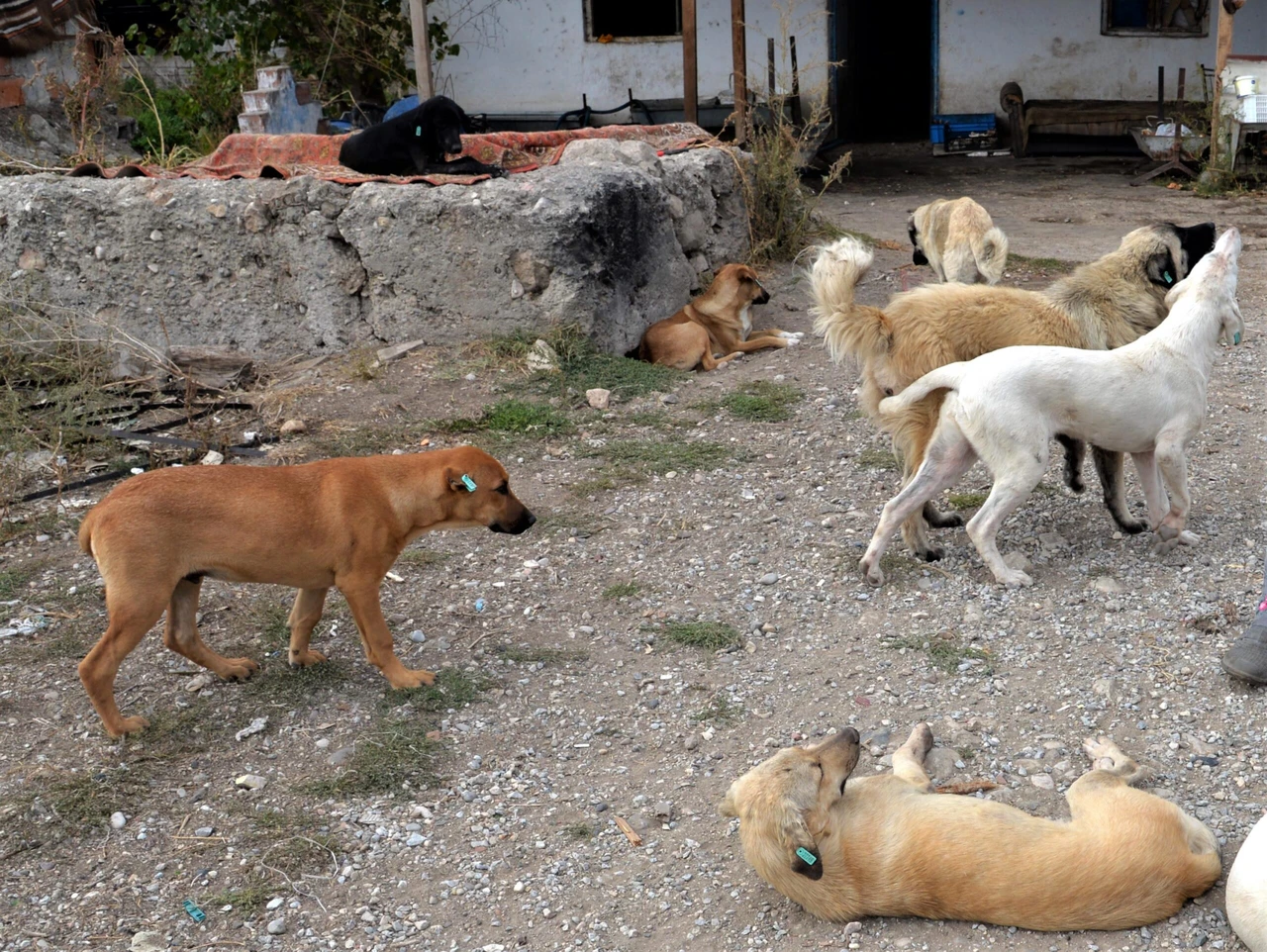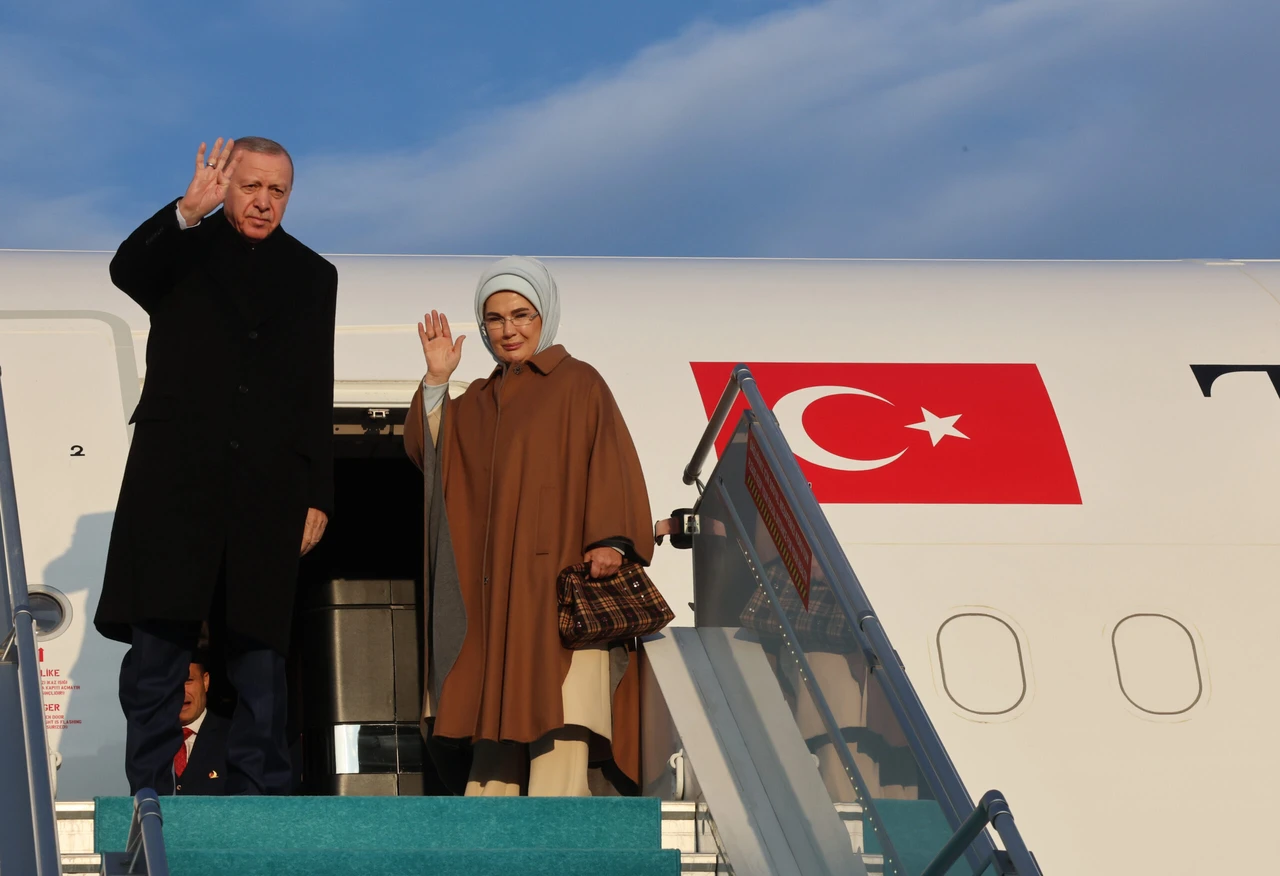What happens if stray animal law passes?
 High number of stray dogs in Bilecik, Türkiye, September 12, 2019. (AA Photos)
High number of stray dogs in Bilecik, Türkiye, September 12, 2019. (AA Photos)
Türkiye is grappling with a growing number of stray dogs on its streets. This has become a pressing issue, particularly after incidents of dog attacks on children, leading to nationwide debates around its solutions.
The ruling Justice and Development Party (AK Party) has proposed legislation to address the situation. The proposal is currently being debated in a parliamentary committee, with a decision expected soon.
Nationwide discourse: The proposal has caused widespread debates across the country with animal rights activists opposing it fervently.
- The proposed legislation on stray animals in Türkiye, if passed, would grant local authorities the power to euthanize aggressive animals, those with serious illnesses, or those deemed unsuitable for adoption.
‘Euthanasia of animals’
The bill submitted to Parliament consists of 17 articles.
What does it include: The proposed amendments include a shift in terminology, replacing “killing” with “euthanasia of animals.”
- The definition of animal shelters is also being updated. Owners who abandon their pets will face a harsher penalty, with the fine increasing from ₺2,000 ($60.44) to ₺60,000 per animal.
- Lastly, mandatory digital identification for cats and dogs by Dec. 31, 2025, will be introduced, promoting responsible pet ownership.
Rehabilitated until adopted: Animals taken into shelters and rehabilitated will stay there until adopted, with registration in the Ministry of Agriculture and Forestry’s data system.
- Local authorities can perform euthanasia on stray animals if they pose a threat to public safety, transmit diseases, or harm water resources, wildlife, and biodiversity.
- Abandoning stray animals outside shelters or releasing them elsewhere is prohibited to ensure proper care until adoption.
Duties expanded
The duties of the provincial animal protection board are expanded to identify and solve problems caused by stray animals while protecting human, animal and environmental health.
Incentives, financial assistance
Support for local authorities and relevant institutions includes establishing animal shelters, hospitals, and operating rooms and supplying necessary medicines, tools and equipment.
Activities such as care, rehabilitation and adoption in shelters will be supported through incentives or financial assistance from the ministry.



